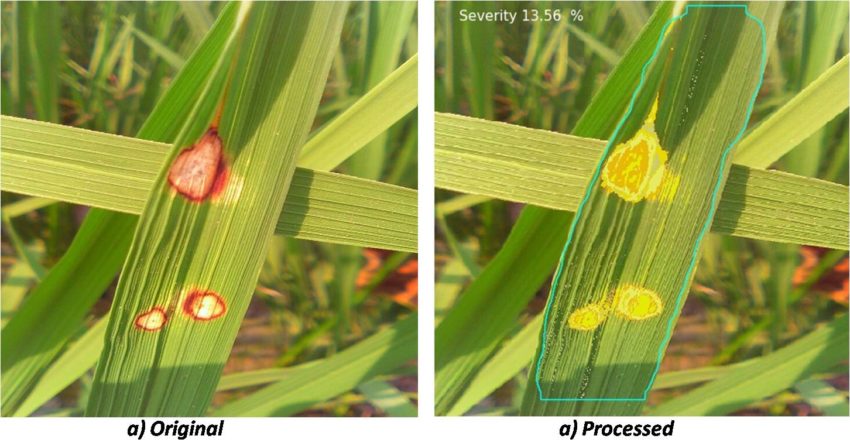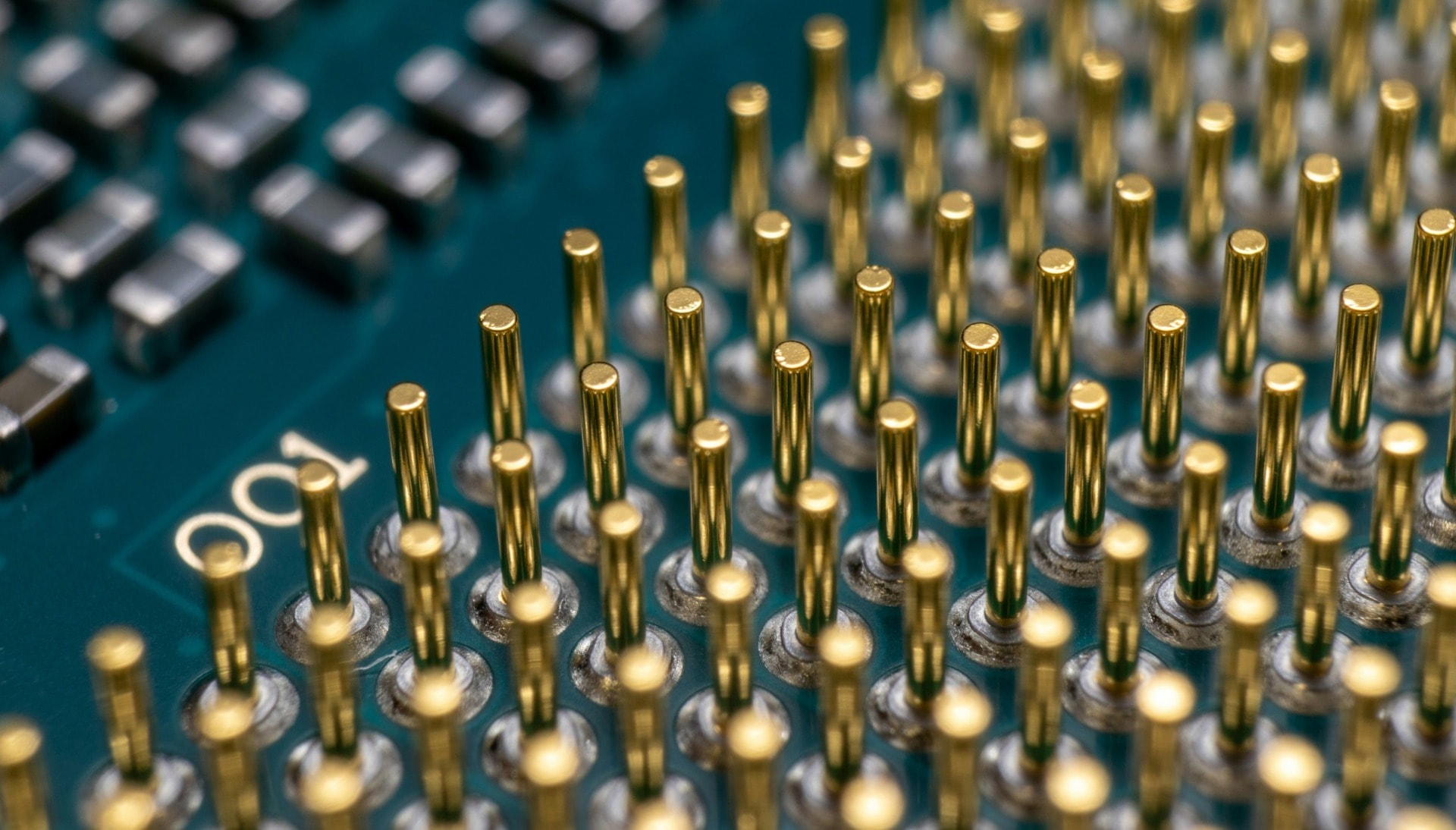In 2019 there are more trends in tech than ever before—ranging from wearable tech to blockchain solutions. Many of these trends have been dubbed as ‘the next big thing,’ as people scramble to identify what is going to be the new internet, radio, or television of today. There is one trend that fits the bill, a trend capable of transforming the very social fabric of society: artificial intelligence.
Given that AI is “the simulation of human intelligence processes by machines” (a definition I had to Google myself, given that this term has turned into a buzzword that has been slapped onto almost every recent technological innovation), many concerns have arisen regarding the new technology and its role in precipitating a potential technological singularity.
On this edition of Deal of the Week, Impakter examines startups leveraging this powerful, and controversial, technology to make the world a better place.

Based in Chicago, this startup utilizes Artificial Intelligence to allow doctors to interpret and harness their patient’s data to augment the precision of cancer treatment. Tempus provides genomic sequencing services and allows patient analysis at a molecular level.
In general terms, the tools provided by the company allow doctors to see if there have been similar patients and what treatment had been applied in those cases. This enables doctors to understand how to treat non-standard cases of cancer. By collecting clinical data, Tempus reduces the guesswork involved in modern-day medicine practices, greatly enhancing medical treatment. Started by the co-founder of Groupon in order to help his wife in fighting cancer in 2015, the company has skyrocketed to over $500 million in funding.
In contrast to the previous startup, AMPAworks has only raised $500k through its pre-seed and seed rounds. Also based in healthcare, this startup aims to cut down on billions of dollars of costs that are the consequence of supply chain inefficiencies in clinics and hospitals. A key issue facing doctors is the time-consuming task of tracking inventory. Further problems arise when inventory goes missing and patients must return to the clinic at a later date in order to receive the treatment that they require.
AMPAworks harnesses the power of AI in image-recognition technology that can keep track of the inventory in real-time. The product, a small cube-shaped device, comes with a mobile suite that provides doctors with the data needed to keep track of their inventory. The effects of this technology include greatly reduced inventory costs and, more importantly, a decrease in the man-hours that go towards keeping track of inventory.

On a previous edition of Deal of the Week, we discussed how startups are battling the food-waste crisis. One aspect of the issue was imperfect vegetables and fruits being discarded due to their appearances. Not only is the staggering amount of food waste a major produce market inefficiency, but there are also inefficiencies within the inefficiency itself.
The task of sorting produce based on aesthetic is extremely time-consuming, and Imago AI modernizes this process by using an image-based AI system in order to speed up the process. However, the impact of Imago AI does not end there. The technology can be applied to monitoring the growth of crops and the quality of the seeds that are used for those crops.
The AI can pick-up characteristics that a human would not be able to manually distinguish, allowing the breeding of high-quality crops. Furthermore, the technology can tell farmers which locations of their land grow to produce with the fewest imperfections.
Conclusion
Having scoured the internet for promising Artificial Intelligence startups that primarily provide products and services to customers—instead of corporations, it is clear that the technology is still very much in its nascent stage.
Image-recognition is the most popular and advanced use of artificial intelligence, while more complex applications are mainly the products of large corporations or startups backed by large corporations. Most commonly, AI is used to enhance business operations. As a consequence, the individual consumer is yet to see the impact of AI first hand, and it will be quite some time until AI brings the sweeping societal change that is promised.
In the cover photo: Artificial intelligence symbol. Photo Credit: pxhere.
EDITOR’S NOTE: The opinions expressed here by Impakter.com columnists are their own, not those of Impakter.com.














